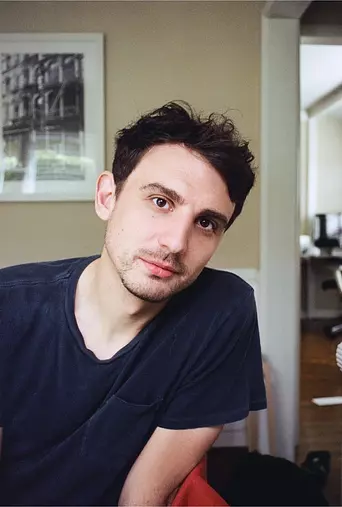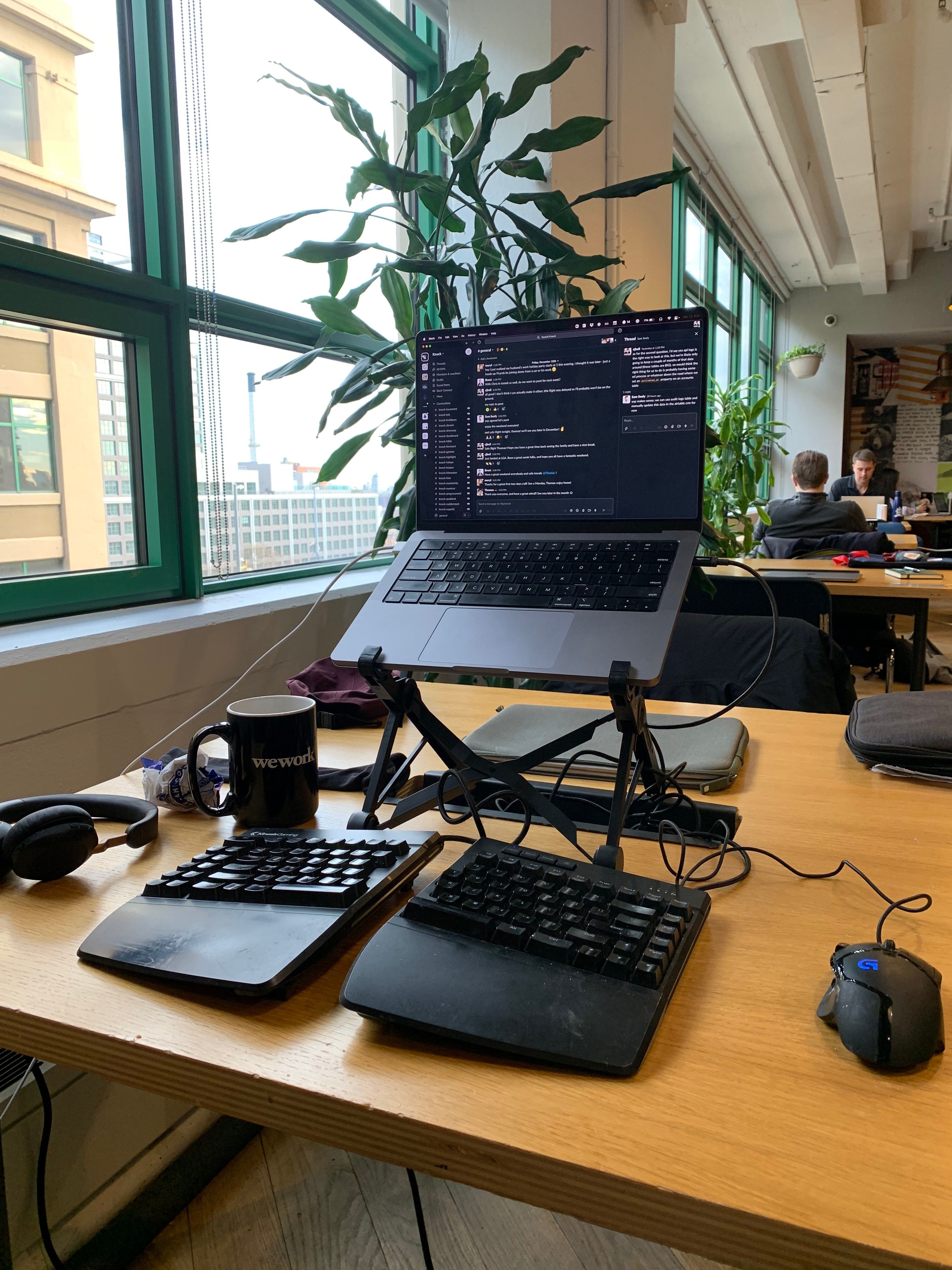Console
Interview with
Christopher Bell
CTO, Knock
Product notifications infrastructure.



What is Knock? Why did you build it?
Knock is product notifications infrastructure for developers. We provide a set of simple APIs and a dashboard that developers use to introduce thoughtful notifications into their products, without having to build and maintain a notification system in-house.
Most products today end up needing notifications that go out to their customers. Notifications become a core part of the product, but typically don't provide any real differentiation and everyone is building the same system over and over. These notification systems tend to start out simple, sending one forgotten password email, but the complexity often ramps up as you introduce new features like orchestrating across different channels, add cron jobs to handle delays and digesting, and introduce per user preferences.
My co-founder and I experienced this pain firsthand when we worked together at Frame.io, a video collaboration product that was recently acquired by Adobe.
We built a notification system in-house there which was this ball of mud that we were constantly adding new features to. The notifications were a really important part of the engagement loop in the product, but we were spending a lot of engineering time maintaining and updating templates, shipping new notification channels, and then experimenting with notifications as drivers of growth. What we realized from building that, and talking to other folks about building notification systems, was that so much of the system was generic, and was filled with a lot of grunt work for engineers. We felt there was a great opportunity to turn this into a service, and so Knock was born.
We don't send the notifications ourselves. We integrate with all of the providers who are already doing that job today like SendGrid, Twilio, Postmark, APNS, FCM, and Slack. You provide your credentials, and we'll manage the delivery on your behalf. Again, removing this entire concern from your service and making it our problem to reliably deliver messages to those providers. As well as those "out-of-app providers", we give you an API to power a real time in-app notification feed experience, and pre-built composable React components you can drop into your product.
We also provide a full suite of management tools. We have git-like versioning baked in so you can confidently make changes to your notifications before they go to production. We have testing tools so you can send notifications without invoking flows in your product. And we have fantastic observability. Everything from the API request coming in, through the workflow engine that's invoked, we give you logs that you can use to understand exactly what's happening and answer the question of why or why not someone got a notification sent.
We definitely believe in this idea of using APIs all the way down in your product, so you can focus on the bit that's differentiating for your business. What we've found is that more often than not, notifications are a liability more so than a differentiator and that's exactly what we're trying to solve with Knock. Giving you a reliable, scalable piece of infrastructure you can leverage to send high quality notifications to your customers with little engineering effort.
What does a "day in the life" look like?
I still code, about 30% of my day. My days are mostly spent fixing small bugs for the team. I try not to take on too big feature work anymore, because as we grow, I'm mostly fielding things like customer requests, security questionnaires, etc. All of the fun stuff that CTOs end up having to do.
Otherwise, I’m working with my co-founder, thinking about the product strategy. We make sure that what we're thinking about, in terms of the feature work, makes sense and is cohesive.
I’m currently trying to give more of the team ownership, and responsibility. This is a commonplace to be for a lot of early-stage CTOs, especially where you were instrumental in building the first version. Now, you're figuring out what the path forward looks like, handing off parts of it to the rest of the team, so they can maintain it and take ownership. We don’t have dedicated product managers, so a lot of the "product thinking" still lives with the founders.
What is the team structure around Knock?
There’s myself, my co-founder, and then we have four engineers. We're a small, but mighty team, getting things done. Everyone on the team is full stack right now. That's a really nice attribute of being an early stage team, where you can move super fast and everyone can think about customer value, more so than when you have specialized roles because each engineer can write features truly "end-to-end".
Everyone on the team writes Elixir, and TypeScript. All of our backend services are written in Elixir, and then we have our control dashboard which is written in React, Next.js, and TypeScript.
Why did you choose Elixir for the backend?
When you are setting out a new project, and you are aiming to build a company, you do the thing that you know best. I've worked in Elixir for the last six years. I've been a big advocate of the language in the community, and have built a lot of businesses using Elixir.
This is the best fit for a product using Elixir that I've ever had, in the sense that a lot of how we've modeled the system really relies on the high concurrency model that Elixir provides. When you think about notifications as processes, and that those processes can be started and stopped, and really lean into this idea of the actor, the model here can be powerful in how you can build these highly performant concurrent systems.
Beyond that, Elixir is just a lovely language to write in. It's really nice to express workflows and data transformations. A lot of what we do in our notification engine, gets nicely represented in Elixir.
Functional languages have a great sweet spot in building backend services. On top of that, Elixir is written on the Erlang VM, and therefore you get all of these amazing benefits of what has happened in Erlang. There are 30 years worth of building highly reliable, concurrent, fault tolerant systems. We get to build on the shoulders of that. You don't really have to think about a concurrency model. You know the scheduler is going to "just work" and handle sustained load at a high throughput.
How did you first get into software development?
I started out building computers when I was 13 years old and fell into working with Linux. I started reading The C Book, and then I really got into building websites for a gaming clan. Playing Call of Duty 1 online and playing Counter-Strike, we needed to host gaming stats websites, so I got into PHP development, and started hacking around open source tools that you could deploy by yourself.
Later, I did a computer science degree and I haven't looked back since. I still love programming, and can't even imagine what else I would do. You get to a point in your career, where, "This makes sense to me." I love the problems that we deal with, and the challenge of programming.
Web development is great because you can be You know the scheduler is going to "just work" and handle sustained load at a high throughput. I truly believe in the power of the web.
What is the most interesting development challenge you've faced working on Knock?
The obvious answer would be thinking about scale, because we're dealing with notifications, and therefore we need to deal with a high volume, high scale system, but honestly, I don't think the answer is that.
I think it's the trade-off from building an infrastructure company, and the time to get to market, that is the real challenge.
As an early-stage CTO, one of my jobs is not just to pontificate endlessly about what we're doing. My job is to actually build something of value for people. It was an interesting challenge because, on the one hand, I'm thinking, "Is this business going to work?" Do we even know that we've got anything here, beyond an MVP? On the other hand, you're thinking, "Okay. Well, I need to build this with scale in mind. What happens if we get a big customer?"
That was an interesting balance of using Kubernetes and about using Terraform for all our infrastructure so we’re ready for our SOC 2 requirements. How do we architect this service, and make it good enough, so that we can get to the next inflection point in scaling? Understanding what that point is by load testing, and getting a good understanding of the system at large. That's good enough for now, but how do we hire smart people as soon as we get to the next point and then keep scaling?
This has been a hard problem to balance, because your instinct as an engineer, and as an engineering leader, is "we should do really cool things, and make this really complex”, but I've tried to keep it as simple as possible. We’ve tried to build something that works from the beginning and delivers value.
What is the most interesting tech tool you are playing around with at the moment?
I think a lot about databases at the moment. When you're building anything at scale, you face problems like sharding, and horizontally scaling.
One company I've been really paying attention to recently is PlanetScale. They do a fantastic job on the developer marketing side, and it is a super interesting project. How do you run a database and shard it without bringing all of that logic into the application?
That's really interesting, but in the spirit of doing things that we've done before, we're using Aurora Postgres specifically because I had a really good experience with it at Frame.io. We were very early adopters. The block storage engine they have allows you to scale, but you can't run a single database forever. Which is why I'm considering alternatives that aren't Postgres, and why I've been playing with PlanetScale
Describe your computer hardware setup
I use an M1 MacBook Pro and a Kinesis Freestyle Edge split keyboard with MX brown switches so I'm not too loud when I'm working in my coworking spaces, as well as a Logitech MX mouse.
Describe your computer software setup
OS: macOS.
Browser: Chrome.
Email: Airmail.
Chat: Slack.
IDE: VS Code
Source control: GitHub.
Describe your desk setup

I'm on the road, so it's basically a laptop stand. I got one of those very small collapsible laptop stands that I can put in my backpack, then I carry my split keyboard, and my mouse, and that's my entire desk setup now.
I’m doing a live-work-travel thing (don’t call it nomading), right now. It’s a nice perk of running a remote team that I can be anywhere.
When coding
Daytime or nighttime? Daytime.
Tea or coffee? Coffee.
Silence or music? Music.
What non-tech activities do you like to do?
This is one of those "Do I have a life?" questions. Honestly, my favorite thing to do is hang out in dive bars with my friends. Dive bars in the US are awesome. I love to drink a rubbish beer, like a Miller High Life, sit there, in a bad bar that's badly lit, and just hang out. Beyond that, I cycle, and play Squash, because I have to keep my British thing going. I’ve also enjoyed dining out more since I started traveling.
Find out more
Knock is product notifications infrastructure for developers. It was featured as an "Interesting Tool" in the Console newsletter on 07 April 2022. This interview was conducted on 30 Mar 2022.
Subscribe to the weekly Console newsletter
An email digest of the best tools and beta releases for developers. Every Thursday. See the latest email